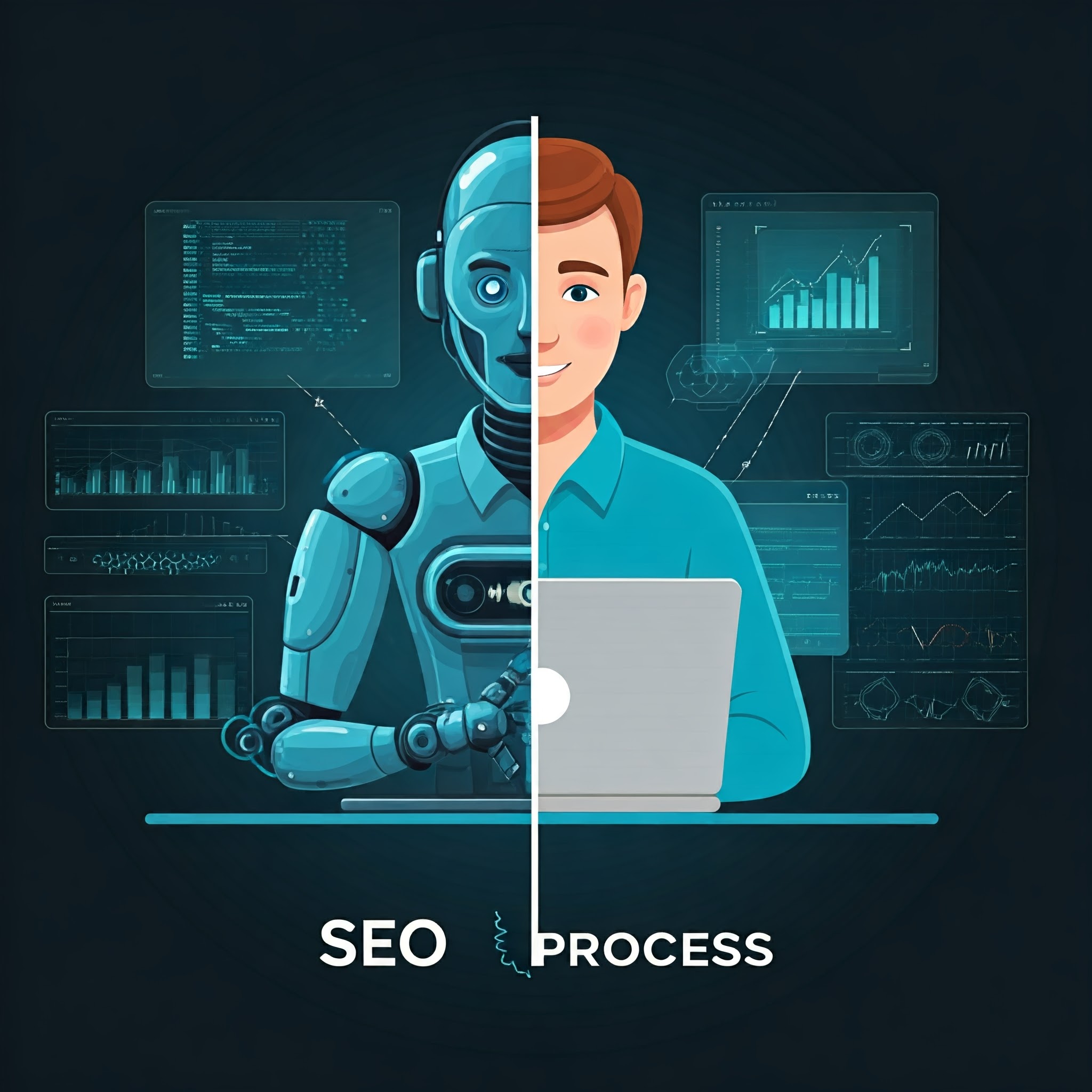Search engine optimization (SEO) has long been a cornerstone of digital marketing, helping websites rank higher on search engine results pages (SERPs). As businesses continue to prioritize SEO, many are asking: Can SEO be automated? The short answer is: yes, to an extent. Automation can enhance efficiency, but achieving true, comprehensive SEO success still requires human input and strategy. Let’s explore where automation fits and where human expertise remains irreplaceable.
What Aspects of SEO Can Be Automated?
SEO is a multi-faceted discipline that includes tasks like keyword research, on-page optimization, content creation, link building, and performance analysis. While some parts of this process can be automated, others still demand human oversight.
1. Keyword Research:
Many tools now automate keyword research by analyzing search trends, competitors, and user intent. Platforms like SEMrush, Ahrefs, and Google Keyword Planner can quickly generate lists of relevant keywords, helping marketers streamline their process. However, selecting the most strategic keywords often requires a human touch to align them with business goals.
2. Technical SEO Audits:
Automation shines in technical SEO. Tools like Screaming Frog or Sitebulb can crawl a website and identify issues such as broken links, slow load times, and missing meta tags. They provide actionable insights that teams can quickly address to enhance a site’s performance. However, some issues require manual review, especially for complex website architectures.
3. Content Optimization:
Content optimization tools like Clearscope and SurferSEO can automate the analysis of high-ranking pages and suggest improvements in terms of keyword density, structure, and readability. But, truly valuable content creation—the kind that builds trust and authority—still requires human creativity and insight.
4. Link Building:
There are some automated tools for outreach, like Pitchbox, which can assist in finding relevant sites and automating email campaigns. However, the actual negotiation and relationship-building part of link acquisition still largely depend on personalized communication.
The Limitations of SEO Automation
While SEO automation is a powerful tool, it has its limitations. Algorithms can gather data and even suggest tactics, but they cannot fully replace the strategic decision-making process that comes with SEO campaigns. Human intuition and creativity are irreplaceable, especially when it comes to:
- Crafting unique, engaging content that resonates with the audience.
- Understanding nuanced user behavior and intent beyond mere metrics.
- Adapting to the constant changes in search engine algorithms and market trends.
SEO is both a science and an art. While automation can handle much of the “science” (data-driven decisions, reporting, etc.), the “art” (strategy, storytelling, and customer empathy) requires a human touch.
Best Practices for Combining Automation and Human Expertise
- Use automation tools for data collection, analysis, and routine tasks—but always involve humans in setting goals, interpreting results, and adjusting strategies.
- Focus human efforts on content creation and outreach, areas where automation falls short. These are the tasks that directly impact user engagement, brand trust, and long-term growth.
- Stay adaptable. SEO is ever-evolving, and no automated tool can fully predict where search engine algorithms will go next. A human-led team is necessary to pivot strategies in response to industry changes.
Final Verdict: Can SEO Be Fully Automated?
SEO cannot be fully automated. While automation can significantly enhance efficiency and simplify processes, human expertise in strategy, creativity, and adaptability remains crucial. The best approach is to use SEO automation as a complementary tool to empower SEO experts to focus on more value-driven activities.

